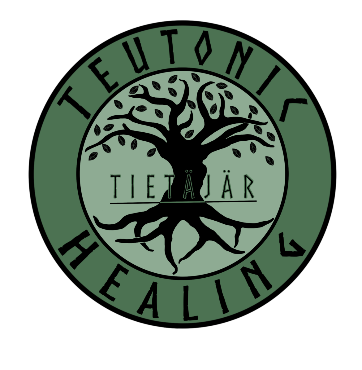Any of our readers who are over 50 may remember when you were growing up that Alzheimer’s or Dementia, forms of apparently age related mental decline, was quite rare when you were really young. You might have heard your elders, parents, aunts and uncles, or grandparents speak about someone who had lost normal cognitive functioning. It was spoken about as rare even in the elderly, but, as some of the sources below this article prove, is found increasingly in younger people, once thought immune to cognitive decline.
What if prescription drugs and even OTC’s (over the counter) drugs were making patients vulnerable? An article in Health Talk goes into nine different drugs or classes of drugs which are known to contribute to cognitive decline:
While I encourage any reader to follow this presentation, for the sake of brevity, and to give you something to refer to, the following will summarize the drugs that the online presentation discusses. The clip went quickly and I may have inadvertently noted out a generic term for a drug and the popular (advertised and promoted) term for it. Apologies for any duplication, but the classes of drugs, in other words, how they are classed by the mechanisms of action, is what you should note. If you are given a prescription, there are usually papers associated with it. Read up on what the side effects are on sites such as RX.com to get a fuller picture of what the risks might be.
Personally, I like the writing of Dr. Livingood, Dr. Li, and others who discuss natural or dietary alternatives to pharmaceuticals. This article in no way attempts to give medical or phamacological advice, only to stimulate conversation about potential cognitive impairment as set forth by Health Talk.
Drugs or classes of drugs in order of danger (the article begins at #9: we’re going to take it from the top down, beginning at #1:)
- Anticholinergic Combination Medications; e.g., cold and flu medications combining multiple anticholinergic effects in one medication like those combining decongestant and diphenhydramine. Clip also sites muscle relaxers such as cyclobenzopine.
- Statins; e.g., Zocor, Lipitor, Rosuvastatin
- Bladder Control Medications; e.g., Ditropan, Detroit, Vesicare
- Anti-Depressants and Tri-Cyclics; e.g., Amytripiline, Doxepin
- Sleep Aids; e.g., Ambien, Lunesta, Sonata (“Z-drugs”)
- Anti-Psychotics; e.g., Zyprexa, Seroquel, Risperidone
- Proton Pump Inhibitors; e.g., Prilosec, Protonix, Nexium
- Benzodiazepines; e.g., Xanax, Valium, Clonazepam (Klonopin)
- Anti-Histamines; e.g., Claritin, Benadryl, Zyrtec
The clip concludes with some positive suggestions for maintaining good cognitive function: blueberries, fatty fish (salmon, sardines, mackerel), and leafy greens, such as spinach, kale, or collards. All are said to have an an anti-inflammatory effect and to support brain health.
Younger and younger people suffering mental decline: Psychology Today: https://www.psychologytoday.com/us/blog/measuremental/202104/is-gen-z-in-crisis
The 5 Must-Have Ingredients for a Good Memory Supplement:
Dementia manifesting before age 65, even in 35-45 year olds:
